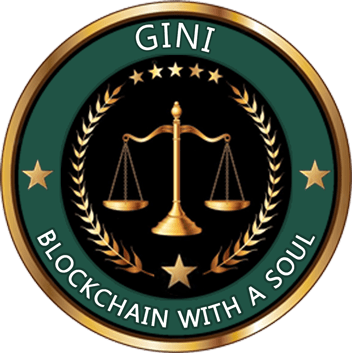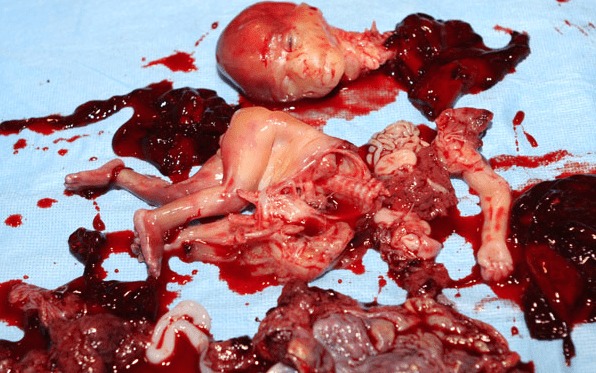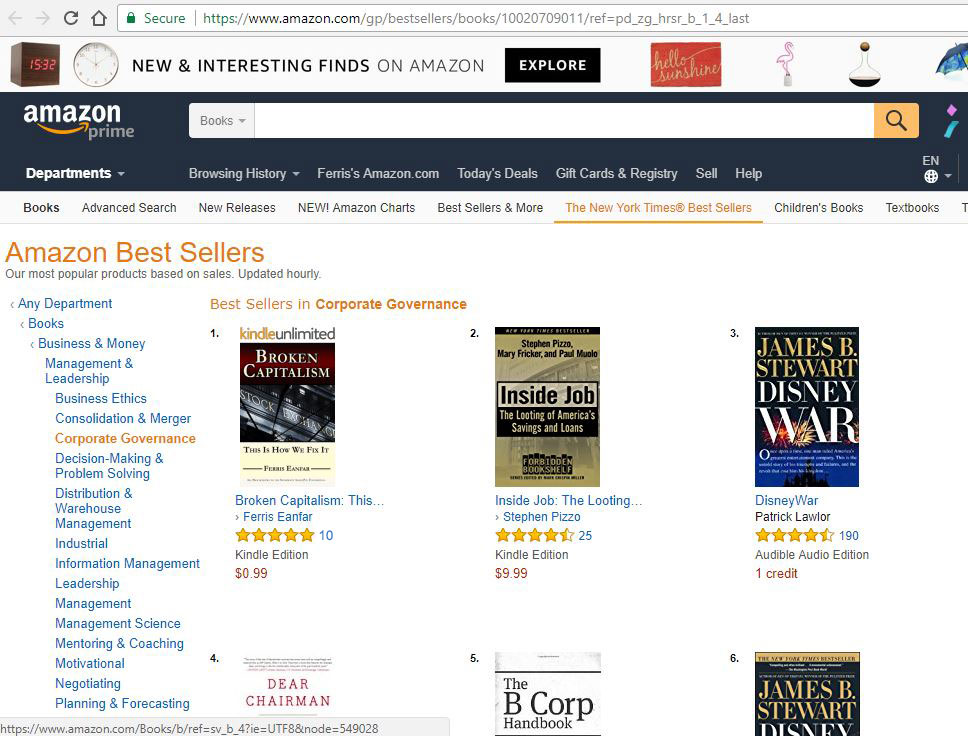The Evolution of Blame. It’s human nature to seek scapegoats to blame when things break. The reasons for this are deeply rooted in the evolutionary development of group behavior. In prehistoric times, when an individual in a tribe did something that hurt the tribe, they were punished with a brutal beating that often resulted in death. Even when lethal punishment was not delivered by the tribe directly, excommunication from the tribe was often a death sentence in prehistoric human societies because every aspect of their lives (e.g., hunting/gathering for food and water, building shelters, and other existential necessities) was completely dependent on their connection and participation in the tribal community. Under those conditions, the fear of being blamed for anything and the corresponding punishment was a powerful inducement to cooperate and contribute to the long-term health and stability of the community.
Adam Smith and Self-Interest. In my book, I include many quotes from Adam Smith to illustrate how disconnected Capitalism is today from the socioeconomic principles that Smith actually described in his book, The Wealth of Nations. Smith understood that many humans (rich and poor) behave in ways that undermine the health and integrity of their societies while simultaneously doing everything possible to avoid being blamed for anything that might hurt their societies. This is vividly exemplified in every Tragedy of the Commons dilemma and in the reckless gluttony of individual bankers, traders, brokers, politicians, business executives, regulators, consumers, and investors who collectively blew up Earth’s economy in 2008. Smith had many things to say about the destructive impact of unbridled self-interest, which seems to surprise many people who only know Smith because of his “Invisible Hand” comment.
Escaping the Fantasy Bubble. This world is changing faster than many people can imagine. My book describes many of these dynamics and their socioeconomic consequences. Many of the people I know on Wall Street and in other business hubs around the world today are living in a fantasy bubble. They are ignoring (or severely underestimating) a huge freight train that will soon obliterate their wealth and careers. It’s coming, my friends; and everything they have spent their lives building is about to melt away. Those of them who ignore the facts, trends, diagnoses, and solutions presented in the book are sealing their own fate. If that seems morose or grandiose, read the book and follow all the references therein. Then decide what your future holds.
Money Disconnects Humans from Human Communities. The purchasing power derived from money often disconnects humans from the tribe by eliminating or significantly reducing their dependence upon their community. When this happens, their incentives and individual interests inevitably begin to diverge from the interests of the community. Sometimes their incentives are aligned with the best interests of the community, but often they are not. When they are not, there is no meaningful mechanism to incentivize wealthy and/or powerful humans to act in the best long-term interest of the community without some form of government intervention. (As a liberty-loving human, I dislike all forms of government intervention, but I dislike economic, cultural, and national self-destruction even more, which is why I wrote Broken Capitalism: This Is How We Fix It.)
Is Humanity in Trouble? The back cover of my book cites the following shocking facts, which are well-documented by many credible third-party organizations.
Humanity Is in Trouble. When the 10 largest corporations on Earth have more combined economic power than 92% of all countries on Earth combined, the 50 largest financial corporations control wealth equal to 90% of Earth’s GDP, the richest 1% of humans have more wealth than 99% of the world combined, and the eight richest humans have more wealth than the bottom 50% of Earth’s entire population combined . . . it’s safe to say humanity is in trouble.
Are You a Rational Creature? The book is full of empirical data substantiating the facts above and many other unique observations about Earth’s economy today. A rational creature whose interests are aligned with the best interests of an economically and socially stable planet would look at those facts and say, “Wow, that’s not good.” An irrational creature would say, “Are you blaming rich people?” Why would that question be irrational? Because there is absolutely nothing in those facts that blames anybody for “being rich” and anybody who reads the book will see that I praise all humans (including many “rich people”) who are financially rewarded for building great companies and adding meaningful value to our world. It is for this reason that I’m the co-founder of a merchant services company whose explicit mission statement is: “Return wealth and power to the creators of value.” Our entire purpose is to help make real value creators rich!
Should We Blame Rich People? As I stated several times in the book, blaming “rich people” is ridiculous and no rational or thoughtful human blames anybody simply because they have money or other material possessions. The blame for tragedies at any point in human history rests with specific humans who engage in specific reckless, selfish, and/or tyrannical behavior that causes specific problems. Sometimes the problems are caused by financially rich people and sometimes they’re caused by financially poor people, but in all cases, they are caused by selfish and ignorant people.
Who Should We Blame for Broken Capitalism? I’ll take the blame for writing the book, but the problems associated with “Broken Capitalism” (as defined in the book) have nothing to do with “rich people”; they have everything to do with “Transnational Cannibalism,” the “Neurotoxin of Globalism 1.0,” and specific suicidal labor and corporate governance policies that create distorted incentive structures in human societies, distorted global economies, distorted economic and trade policies, and bankrupt countries and cultures. Who should we blame for these tragedies? The answers and solutions are in the book, but to blame “rich people” is a grossly inaccurate and ignorant simplification of the real-world problems facing humanity today. This is why neither I nor anybody I respect would ever blame “rich people” or “poor people” for anything.
Elite Fear and Cowardice. The instinctual impulse to deflect blame is even stronger in humans today because a guilty verdict from a courtroom judge or from the court of public opinion can destroy careers, reputations, relationships, and a person’s means of subsistence faster than ever before. Many modern humans are terrified of being banished from the modern tribes of business marketplaces, social media, and cultural communities. This creates a climate of fear, which spawns a pernicious form of genteel cowardice that chokes the life out of meaningful discussions about existentially important public policies. This is especially true for many of my peers who are often labeled as so-called elites, but they are afraid to stand up and fight for meaningful economic and corporate governance reforms that would fix Broken Capitalism.
To learn more, please read Broken Capitalism: This Is How We Fix it and spread the word.
About Ferris Eanfar
Ferris Eanfar has over 20 years of experience in technical, financial, media, and government intelligence environments. He has written dozens of articles and several books in the fields of Economics, Crypto-Economics, and International Political Economy, including Broken Capitalism: This Is How We Fix It and GINI: Capitalism, Cryptocurrencies & the Battle for Human Rights and the Global Governance Scorecard. Ferris is a cofounder of the Gini Foundation, which builds unique cryptocurrency systems to protect human rights, among other benefits; and the CEO of the AngelPay Foundation, a nonprofit financial services company with a mission to “return wealth and power to the creators of value.” To learn more about Ferris, please visit the About Ferris page.Visit Ferris on:

 Gini Website Coming Soon. We (
Gini Website Coming Soon. We (
